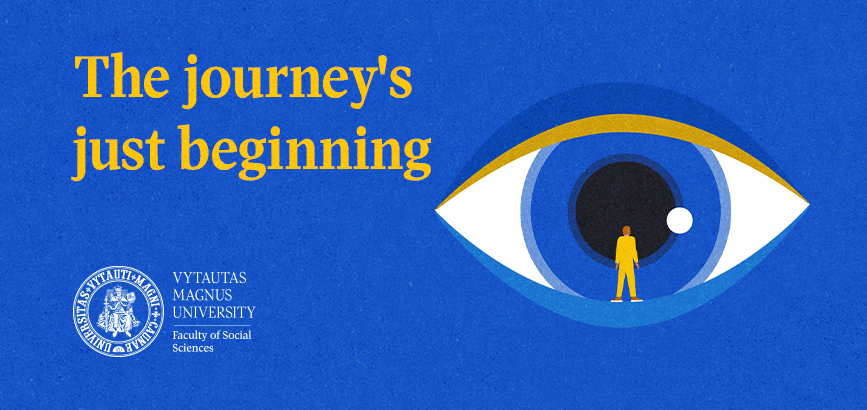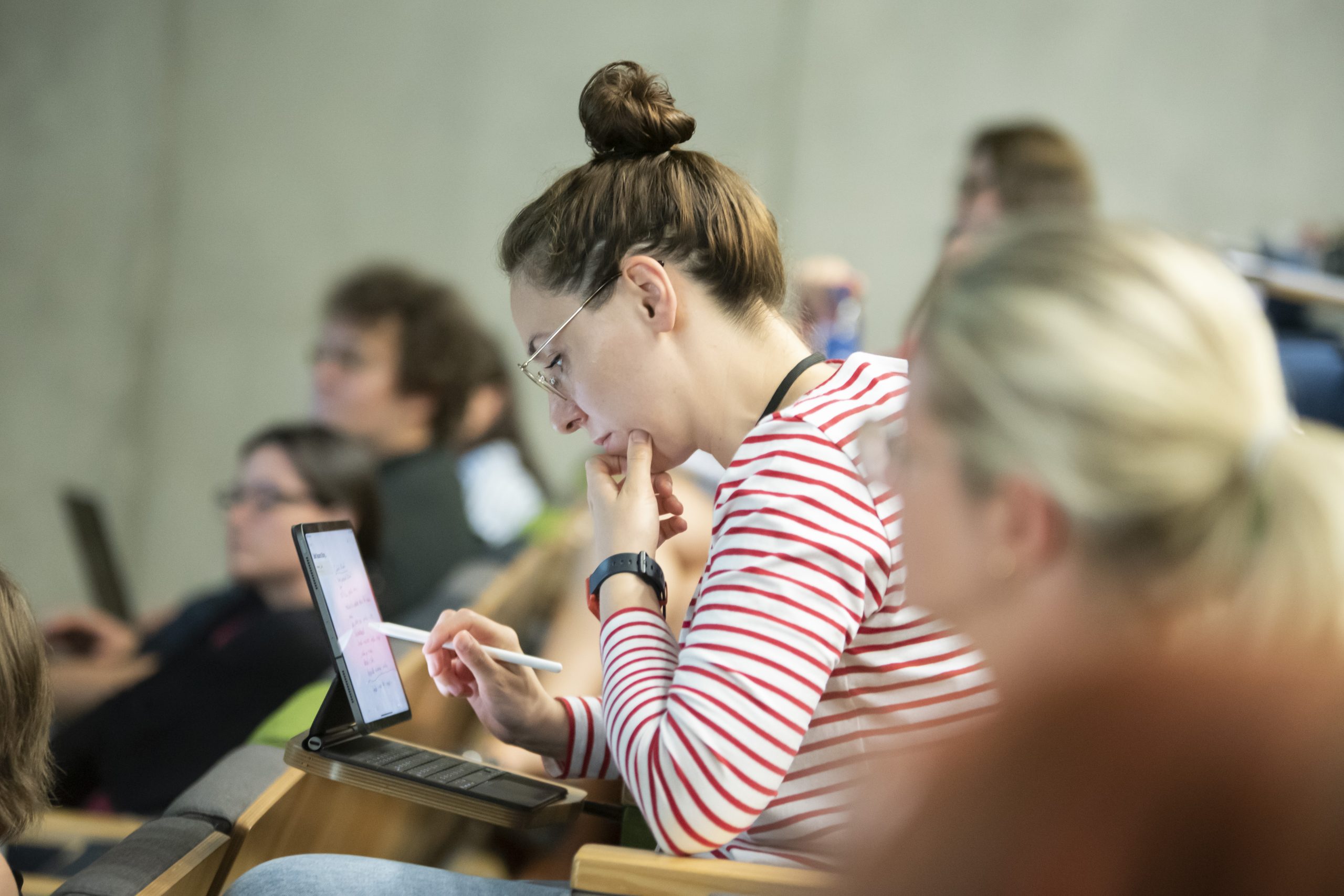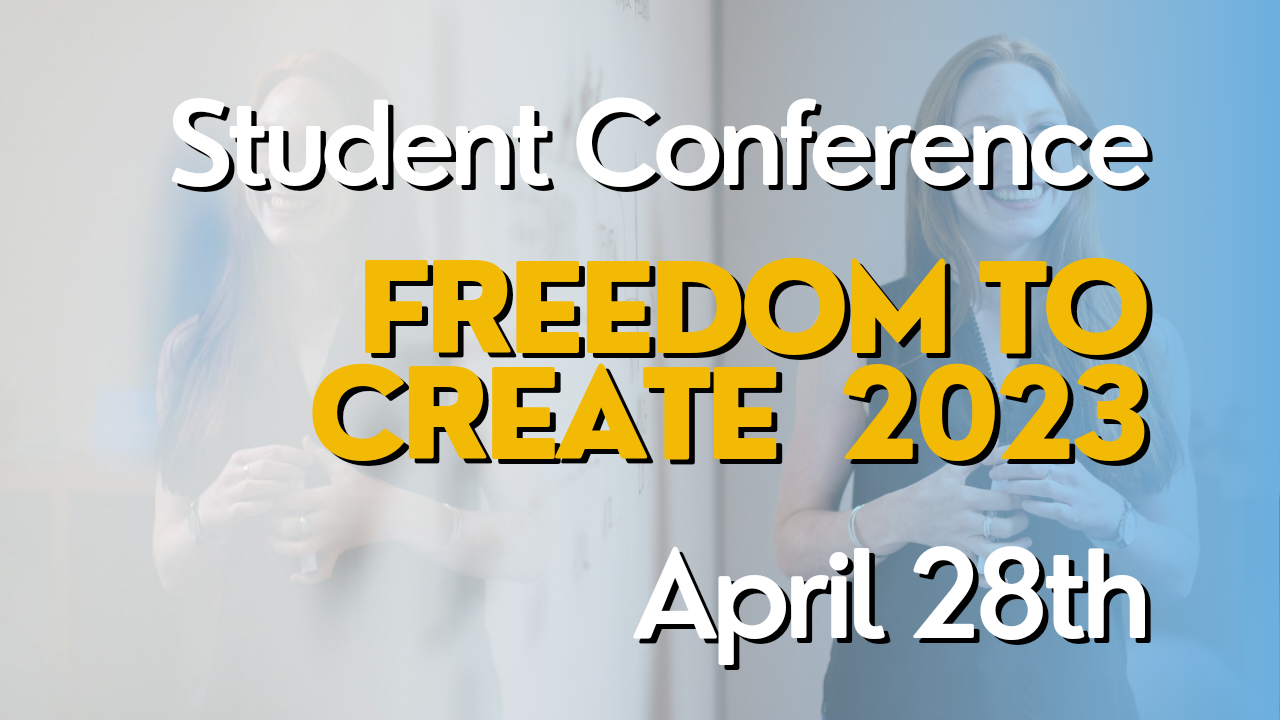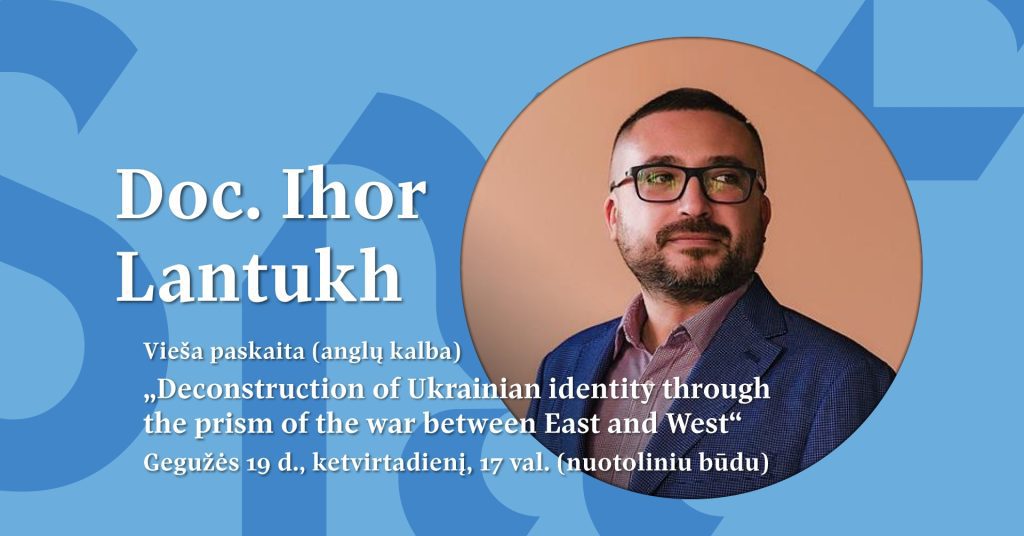The Ontological Foundations of Indigenous Customary Law in the Amazon: The Shaman as the Doctor and the Judge
Welcome to the Center for Social Anthropology (VMU) Seminar series of the Spring term 2024.
This Thursday – April 11, 2024 we are inviting you for a lecture-seminar by the visiting anthropologist:
Prof. Magdalena Krysińska-Kałużna (University of Wroclaw)
Title of Presentation: “The Ontological Foundations of Indigenous Customary Law in the Amazon: The Shaman as the Doctor and the Judge”
Date: April 11, 2024, at 6:00 p.m.
Place: Faculty of Social Sciences, Jonavos Street. 66, Room 324.
About the lecture:
Ancestors and mythical events are bearers of truths and knowledge that guided and often still continue to guide the lives of indigenous communities. The indigenous world is not definitively demarcated and divided between human and non-human and the “acts” of people are not limited to the activities they do when they are in their human bodies. A good example of how the Amazonian indigenous people perceive the interdependence between the human and the non-human world, the “visible” and the “invisible”, is the healing process. During this process the shaman very often decides who is to blame for an illness or another disaster. I will use several examples from the Amazon region to showcase the link between the indigenous customary law and shamanic practices as well as the social consequences of this link.
About the author:
Prof. Magdalena Krysińska-Kałużna is a cultural anthropologist who work mostly on legal anthropology (mainly the relations between indigenous customary law and positive law) but also, inter alia, problems of cultural contact (research in the Amazon), cultural violence and other problems faced by indigenous communities. She has conducted field research in Mexico, Venezuela, Ecuador, and Colombia. For 25 years she was a member of Amnesty International, leading for several years the team for Indigenous Affairs of Latin America in the Polish section. She worked as a professor at the Center for Latin American Studies of the University of Warsaw, formerly at the University from Lodz. Now she works at the Institute of Ethnology and Cultural Anthropology of the University of Wroclaw.
XXIX international conference “Current research in psychology: international experience”
The XXIX International video conference “Current research in psychology: international experience” is a traditional event organized together with the University of Nebraska at Kearney (USA) and is dedicated to the presentation of scientific works of psychology students and the sharing of ideas.
The conference will take place:
in 2024 April 24
from 4:00 p.m.
Jonava st. 66-204.
Papers for the conference are being accepted until April 8, so all psychology students who wish to present the results of their research, the title of the paper, the authors and the abstract, are invited to send an e-mail to by mail: rytis.pakrosnis@vdu.lt. The conference will be held in English, so presentations and their summaries must also be prepared in English, following the guidelines below.
Guidelines for Presenters at the 29th International Symposium in Psychology:
Each presenter will have 20 min. for paper presentation. Time is devoted for presenter’s talk (15 min.), and questions or comments (5 min.)
Abstract should not exceed 500 words and include following parts:
- Introduction – a few words on a psychological problem studied, novelty of the study, and relevancy of the research.
- Methodology – introduce the main methods applied in the study and participants.
- The main results – present the most significant findings of the study.
- Conclusions and implications – present the main conclusions of the study and possible implications of the results.
Lecture by transgender rights defender, educator and activist Jessica Lynn
Transgender rights defender, educator and activist Jessica Lynn will visit and lecture at the Faculty of Social Sciences at Vytautas Magnus University.
The lecture will take place:
Wednesday, March 27
9 o’clock in Auditorium 209,
VMU Faculty of Social Sciences, Jonavos st. 66, Kaunas.
Jessica Lynn is a transgender woman originally from California currently living in England. She lectures at different universities and colleges around the world (including Oxford, Cambridge, Yale, Harvard and Stanford). Jessica Lynn’s teachings help you understand what it means to be transgender in our society. She notes that she devoted herself to this activity in order to educate the public, to deepen knowledge about the life and choices of transgender people.
More information about the speaker: https://www.jessicalynn.website
Multilevel modelling in organizational and work psychology
Multilevel modelling in organizational and work psychology, assoc. prof. Lisa Di Blas
19-03-2024; 13.30-16.00 Jonavos g. 66 – 209-210 aud.
Individuals mostly live in organized social settings, which may exert an influence on individuals who experience them. In organizational psychology, workers are part of multilevel and hierarchical systems. Multilevel modelling techniques allow to examine hierarchical data structures where individuals are nested in teams, teams in departments, and so forth, with each position in these systems denoting a specific level to be taken into account. My aim is introducing this analytical approach and discuss how organizational and work psychology research may take advantages from adopting it.
LISA DI BLAS is an associate professor in the Department of Life Sciences at the University of Trieste (Italy). She has authored and co-authored textbooks, book chapters, and peer-reviewed articles also appeared in top ranked journals. She has chaired the 16th European Conference on Personality in 2012, and currently is associate editor of Current Research in Behavioural Sciences. Her main interests include personality assessment from different methodological and analytical approaches.
The study of personality dynamics
The study of personality dynamics, assoc. prof. Lisa Di Blas
21-03-2024; 11.15-13.45 V. Putvinskio g. 23 – 103 aud.
In these last decades, research has more and more focused on personality dynamics and better distinguished between relatively stable personality structures and more temporary appraisals of person-in-the-context. Accordingly, I present two main theoretical and methodological frameworks, the state-trait theory, and the Knowledge-and-Appraisal-Personality-Architecture model. They help consider personality dynamics from the perspective of dispositional and social-cognitive theories of personality. Results and potentials from these two approaches are discussed.
LISA DI BLAS is an associate professor in the Department of Life Sciences at the University of Trieste (Italy). She has authored and co-authored textbooks, book chapters, and peer-reviewed articles also appeared in top ranked journals. She has chaired the 16th European Conference on Personality in 2012, and currently is associate editor of Current Research in Behavioural Sciences. Her main interests include personality assessment from different methodological and analytical approaches.
VMU to Host Conference of Young Sociologists and Anthropologists
The Department of Sociology at Vytautas Magnus University and the Lithuanian Sociological Association would like to invite you to participate in the 9th annual National conference of young sociologists and anthropologists “Actual Research in Sociology and Anthropology: Problems and Contexts”. The conference will be held on April 21st, 2023, in the Faculty of Social Sciences at Vytautas Magnus University, Jonavos St. 66, Kaunas.
National conference of young sociologists and anthropologists is a traditional annual event that provides a platform for beginning researchers to present their bachelor, master, and doctoral research, share their discoveries, discuss future research and meet like-minded people.
This year’s conference theme is “Own-Alien-Other: building borders and crossing borders in the context of the current geopolitical situation”.
Our social life consists of constantly building borders and boundaries, and constantly crossing them. In the literal sense – as building walls and urgently guarding state borders against “illegal” migrants and in fear of war, but also as free crossing of these borders by us – as emigrants. Borders and boundaries also have a more metaphorical sense, meaning the constant determination and negotiation of where are the boundaries of our social, religious, ethnic group, and where the “stranger” or the “other” begins. But we must remember that borders are not just something negative – without borders, without the “stranger”, we would not be able to define ourselves – without defining these “others”, “we” would not exist.
The organizers of conference welcome all students and young researchers from a wide range of study disciplines – sociology, anthropology, and related disciplines such as political science, economy, communication, creative industries, psychology, social work, history, ethnography, and many others which use social research methods.
Submissions can propose theoretical and empirical presentations. Conference languages – Lithuanian and English. The participation in the conference is free of charge.
You are welcome to submit an abstract for the conference by email sk@vdu.lt until 3 April 2023.
Requirements for the abstract:
- Maximum 250 words, including the title, major idea and arguments of the presentation;
- Please, indicate the name and surname of the presenter, institution, position, and the stage of studies (if you are a student), contact information (email address).
There will be an opportunity to publish the scientific articles, based on the presentations, in the peer-review scientific journal “Culture and Society: Journal of Social Research”, published by the VMU Department of Sociology. If you plan to prepare such an article, please, indicate this in your abstract.
The conference email: sk@vdu.lt
Invitation to VMU Student Conference “Freedom to Create 2023”
VMU invites students to participate in a student conference “Freedom to Create 2023” which will be held on April 28th, 2023. The conference will address the international Sustainable Development Goals set by the United Nations (UN). The conference will take place at the VMU Multifunctional Science and Studies Centre (V. Putvinskio g. 23, Kaunas).
Undergraduate, graduate and exchange students of all fields of study are invited to deliver their presentations, present their creative work and/or moderate one of the conference parallel sessions. Presentations can be made individually or in a group with other students.
Conference Languages: Lithuanian, English and other languages taught at the university.
Registration is open until 15 March.
More information and the registration form can be found here:
VMU Invites You to a Student Conference “Freedom to Create 2023”
You are cordially invited!
Organizational Psychology program
Are you last year student of Psychology Bachelor or already a graduate and seeking Master‘s Degree In Psychology?
Would you like to familiarize yourself with the Master’s Organizational Psychology program (double degree with Louvain University in Belgium) at Vytautas Magnus University?
Then join us for an open lecture: “Positive interaction between work and personal life: Mission (Im)possible?”
Lecturers: Tadas Vadvilavičius and Loreta Gustaitienė
You will be able to know more about MA programme, enjoy an impactful lecture simultaneously.
Time and place: June 28, 3 PM– 4 PM (GMT+3), Online via MS TEAMS platform.
Register here before the event and leave your questions for discussion or just click here to join the lecture!
Organized by:
VMU PSYCHOLOGY DEPARTMENT AND
VMU INTERNATIONAL COOPERATION DEPARTMENT
Public lecture „Deconstruction of Ukrainian identity through the prism of the war between East and West”
Vytautas Magnus University Department of Sociology would like to invite you to a public lecture given by doc. dr. Ihor Lantukh from V. N. Karazin Kharkiv National University (Ukraine). The title of the lecture: „Deconstruction of Ukrainian identity through the prism of the war between East and West”.
The lecture will be held on the 19th of May at 5 p.m. (online).
Annotation of lecture
Throughout the history of the Russian Federation «Empire, Union», Moscow has pursued a policy toward Ukraine predicated on the assumption that respective national identities are artificial—and therefore fragile. Nonetheless, Russia’s war has become bogged down in no small part because this calculation about Ukrainian identity has proven dramatically wrong. The war created a new reality in the Ukraine by strengthening the sense of political unity and state identity. It mobilized the population, including Ukrainian Russian speakers, on the government’s side. Russia’s further invasion of Ukraine triggered mass ethnic defection that united the population and boosted their sense of civic belonging. The war with Russia increased the notion of Ukrainian citizenship as opposed to ethnic Ukrainian. The Russian-speaking minority reconsidered not only their sense of national identity but also their stance toward the Ukrainian language. Many individuals started to identify themselves with the Ukrainian language even without knowing it while perceiving it as the symbolic marker of the country.
About the lecturer
In 1997 he graduated from Kharkiv State University with a degree in History and Finance and Credit, Kramatorsk Institute of Economics and Humanities with a degree in Psychology, Kharkiv Institute of IAPM with a degree in Medical Psychology.
In 2001 he defended his thesis and received the scientific degree of candidate of economic sciences. In 2006 he was awarded the title of associate professor of economic theory. In 2020 he defended his dissertation and received a doctorate in psychology.
Author of more than 140 publications, including 35 articles in professional publications, 7 in foreign publications, 6 monographs, 8 textbooks.
Moderator: Head of the Department of Sociology doc. dr. Jurga Bučaitė-Vilkė.
To join the event, press this link: https://bit.ly/3MYPTqX
VMU to host Conference on Family, Class and Inequalities
 Social Research Center of Vytautas Magnus University (VMU) would like to invite you to online Conference “Family, Class and Inequalities in Central and Eastern Europe” which will take place on October 28-29th, 2021.
Social Research Center of Vytautas Magnus University (VMU) would like to invite you to online Conference “Family, Class and Inequalities in Central and Eastern Europe” which will take place on October 28-29th, 2021.
Three decades of transition to capitalism and liberal democracy in Central and Eastern Europe have reshaped the everyday life of the region’s families. Research has documented new patterns in family demography, gender and intergenerational relationships, practices and discourses on parenthood, and trends in family policies as well as the growing complexity of family. Yet, the class-based divisions in the family life remain sparsely covered in the scientific discourse within the region.
The conference aims at bringing together scholars who examine various domains of family life through the lens of class and inequalities in Central and Eastern Europe. We invite papers that present current empirical research both qualitative and quantitative findings as well as papers dedicated to theoretical and methodological issues related to the conference theme. We welcome papers based on both the cross-national analysis and single country studies.
The thematic scope of the conference includes, but is not limited to, the issues of:
- family formation, dissolution and stratification
- gender division of labor in the family
- motherhood and fatherhood
- family and work
- family diversity
- family policies and politics
- family values
- families and generations
The abstract submission deadline is June 20, 2021. We invite to submit abstracts (max 300 words) via the link on our conference website.
The prospective participants will be notified by the organizing committee’s decision by July 30, 2021.
All conference related inquiries may be directed to familiesconference2021@vdu.lt
Organizing committee:
Prof. Milda Ališauskienė
Assoc. Prof. Jurga Bučaitė-Vilkė
PhD student Irma Dirsytė
PhD student Ieva Dryžaitė
Dr. Rasa Indriliūnaitė
Prof. Aušra Maslauskaitė
Prof. Artūras Tereškinas

















